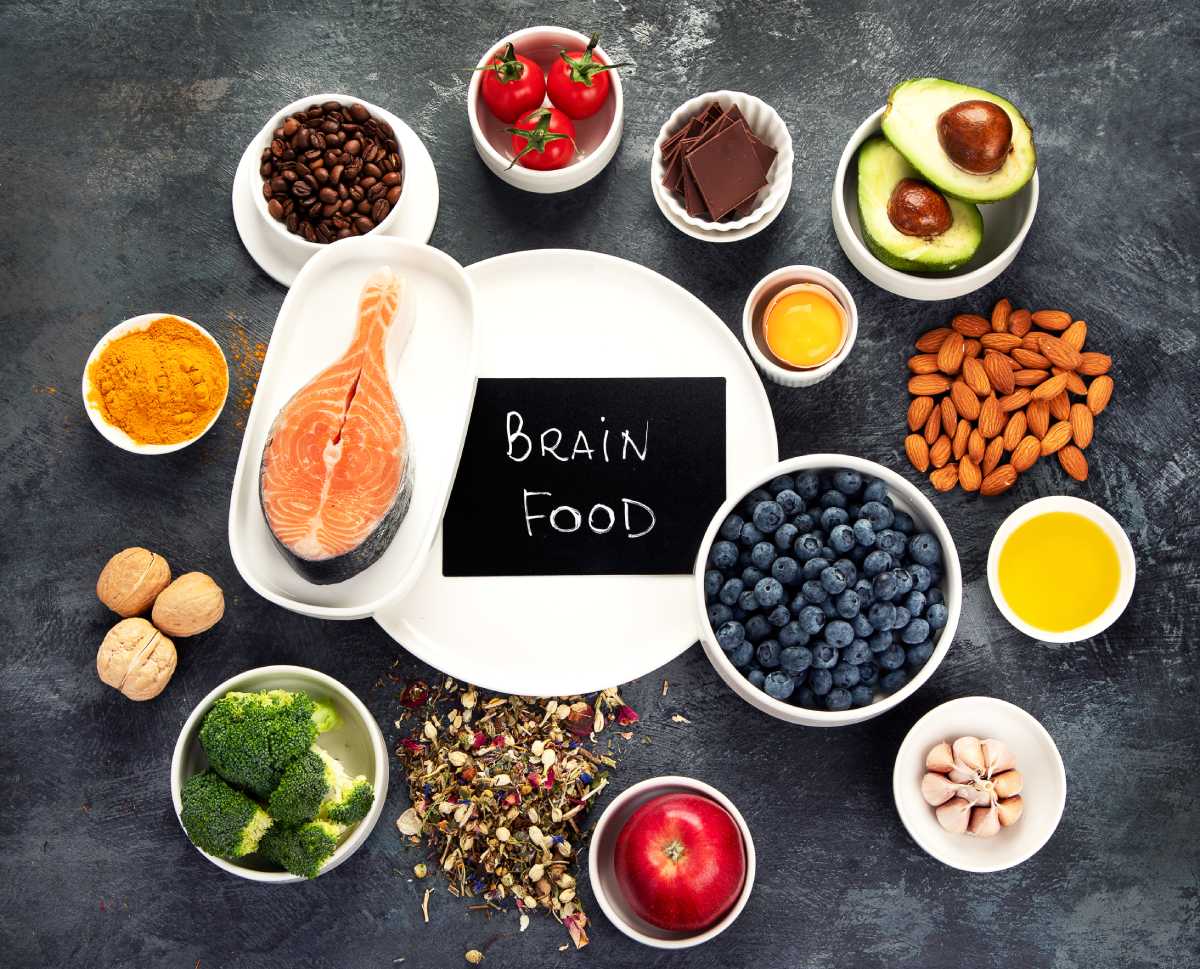The Dementia Diet: 7 Foods To Sidestep For Better Brain Health

As you consider your journey into a retirement community, the importance of maintaining optimal brain health cannot be overstated. With dementia affecting millions globally, many are turning to dietary changes to help stave off the risk. The "dementia diet" focuses on nourishing your brain by avoiding certain foods known to negatively impact cognitive health. Here, we reveal key foods to sidestep to support your mental acuity and overall wellness.
Sugary Beverages: The Sweet Danger
The high sugar content in sodas, fruit juices and energy drinks has been linked to an increased risk of type 2 diabetes, heart disease and, crucially, cognitive decline. Studies suggest that sugary beverages can lead to insulin resistance in the brain, impairing memory, learning and neuron formation. Opting for water, herbal teas or vegetable juices can be a simple yet effective swap in your diet for better brain health.
Refined Carbohydrates: A High-GI Threat
Foods high in refined sugars and processed grains, such as white bread and pastries, can cause spikes in blood sugar and insulin levels. These fluctuations are not only bad for your waistline but also your brain, with research linking high-glycemic foods to reduced cognitive function and an increased risk of dementia. Incorporating whole grains, vegetables and legumes into your diet can help keep your blood sugar levels steady and your mind sharp.
Trans Fats: The Hidden Foe
Industrially produced trans fats, found in margarine, snack foods and prepackaged baked goods, have been associated with an increased risk of Alzheimer's disease and cognitive decline. While the research is mixed, the potential dangers of trans fats to both heart and brain health make them a wise ingredient to avoid. Focusing on foods rich in omega-3 fatty acids, such as fish, nuts and seeds, can support brain health and protect against cognitive decline.
Highly Processed Foods: Convenience at a Cost
The convenience of ready-made meals, instant noodles and store-bought sauces often comes with a high price for your brain health. These foods are typically loaded with sugar, unhealthy fats and salt, contributing to weight gain and potentially leading to brain tissue damage and inflammation. Embracing a diet filled with fresh, whole foods can not only improve your physical health but also your mental well-being.
Aspartame: The Controversial Sweetener
Used in many sugar-free products, aspartame has been linked to behavioral and cognitive problems, though the research has been controversial. Despite being considered safe in moderation, some studies suggest that high consumption could lead to irritability, depression and worsening mental performance. Opting for natural sweeteners or reducing sugar intake altogether can be a healthier choice for your brain.
Alcohol: Moderation is Key
While moderate alcohol consumption can offer some health benefits, excessive drinking is harmful to brain health. Chronic alcohol use can lead to memory loss, cognitive decline and even severe brain disorders. For those in a retirement community, enjoying alcohol in moderation or opting for non-alcoholic alternatives during social gatherings can help preserve cognitive function.
Fish High in Mercury: Choose Wisely
Seafood is a fantastic source of omega-3 fatty acids, but some fish are high in mercury, a neurotoxin that can accumulate in brain tissue. Predatory fish like shark and swordfish are particularly high in mercury and should be consumed sparingly. Opting for low-mercury fish, such as salmon and trout, can provide the brain-boosting benefits of omega-3s without the risks associated with mercury exposure.
Embracing a Dementia Diet in Retirement Communities
As you explore retirement community options, consider those that emphasize wellness in their services and amenities, including Memory Care programs and nutrition plans tailored to support brain health. By making informed dietary choices, you can contribute significantly to your cognitive well-being, ensuring a vibrant and fulfilling lifestyle in your later years.
While adjusting your diet to sidestep certain foods can seem daunting, the potential benefits to your brain health are immeasurable. By focusing on nutritious, whole foods and avoiding those that harm cognitive function, you can take a proactive step towards preventing dementia and maintaining a sharp mind as you transition into senior living.
